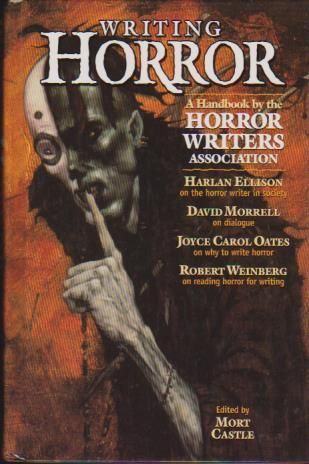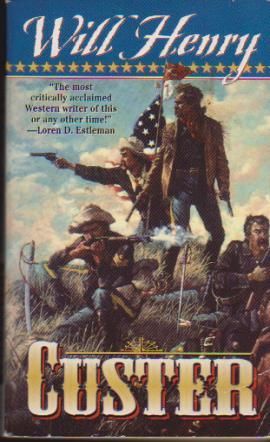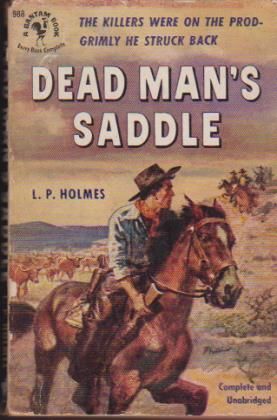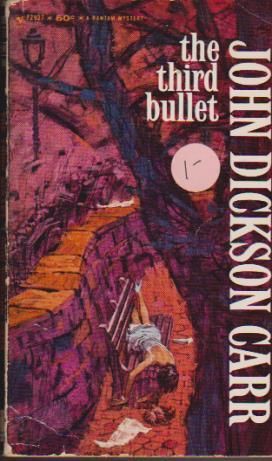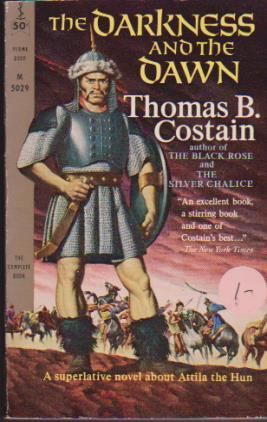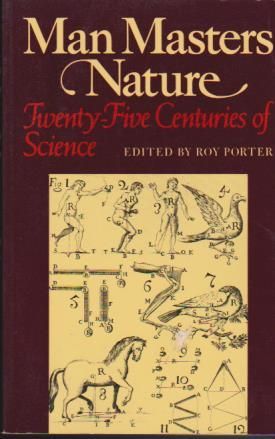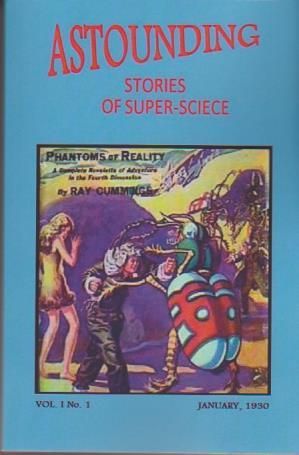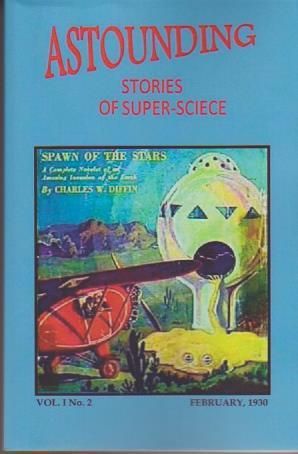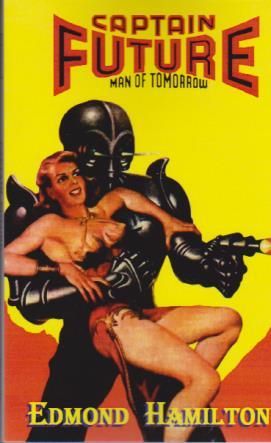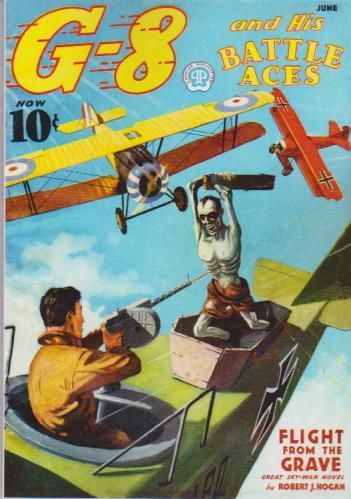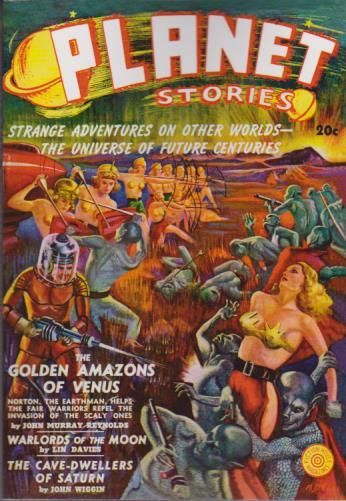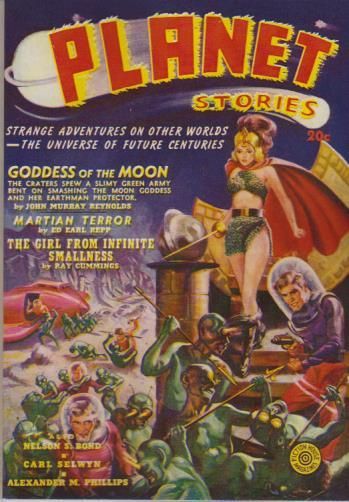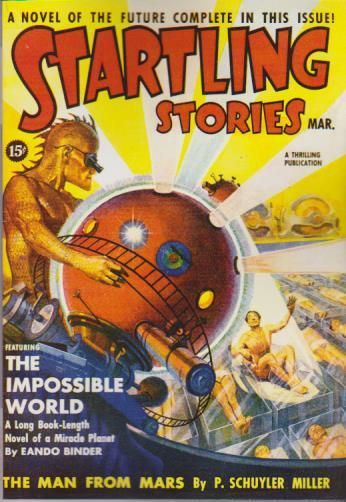A recent haul....
Lost Illusions - Honore de Balzac *Penguin Black Classic. Part of his momentous Human Comedy cycle.
Blurb: Written between 1837 and 1843, Lost Illusions reveals, perhaps better than any other of Balzac's ninety-two novels, the nature and scope of his genius. The story of Lucien Chardon, a young poet from Angoulême who tries desperately to make a name for himself in Paris, is a brilliantly realistic and boldly satirical portrait of provincial manners and aristocratic life. Handsome and ambitious but naïve, Lucien is patronized by the beau monde as represented by Madame de Bargeton and her cousin, the formidable Marquise d'Espard, only to be duped by them. Denied the social rank he thought would be his, Lucien discards his poetic aspirations and turns to hack journalism; his descent into Parisian low life ultimately leads to his own death.
Pamela - Samuel Richardson *Penguin Black Classic.
Blurb: Fifteen-year-old Pamela Andrews, alone and unprotected, is relentlessly pursued by her dead mistress's son. Although she is attracted to young Mr B., she holds out against his demands and threats of abduction and rape, determined to defend her virginity and abide by her own moral standards. Psychologically acute in its investigations of sex, freedom and power, Richardson's first novel caused a sensation when it was first published, with its depiction of a servant heroine who dares to assert herself. Richly comic and full of lively scenes and descriptions, Pamela contains a diverse cast of characters, ranging from the vulgar and malevolent Mrs Jewkes to the aggressive but awkward country squire who serves this unusual love story as both its villain and its hero
Kusamakura - Natsume Soswki *Penguin Black Classic.
Blurb: Natsume Soseki's Kusamakura follows its nameless young artist-narrator on a meandering walking tour of the mountains. At the inn at a hot spring resort, he has a series of mysterious encounters with Nami, the lovely young daughter of the establishment. Nami, or 'beauty,' is the centre of this elegant novel, the still point around which the artist moves and the enigmatic subject of Soseki's word painting. In the author's words, Kusamakura is 'a haiku-style novel, that lives through beauty.' Written at a time when Japan was opening its doors to the rest of the world, Kusamakura turns inward, to the pristine mountain idyll and the taciturn lyricism of its courtship scenes, enshrining the essence of old Japan in a work of enchanting literary nostalgia.
The Antiquarian - Gustavo Patriau.
Blurb: The Antiquarian is Gustavo Faverón Patriau’s masterfully conceived, engrossing story of murder, madness, and passion that is set against the landscape of an unnamed South American country ravaged by political violence and corruption.
How Proust Can Change Your Life - Alain De Botton
Blurb:Alain de Botton combines two unlikely genres--literary biography and self-help manual--in the hilarious and unexpectedly practical How Proust Can Change Your Life.
Who would have thought that Marcel Proust, one of the most important writers of our century, could provide us with such a rich source of insight into how best to live life? Proust understood that the essence and value of life was the sum of its everyday parts. As relevant today as they were at the turn of the century, Proust's life and work are transformed here into a no-nonsense guide to, among other things, enjoying your vacation, reviving a relationship, achieving original and unclichéd articulation, being a good host, recognizing love, and understanding why you should never sleep with someone on a first date. It took de Botton to find the inspirational in Proust's essays, letters and fiction and, perhaps even more surprising, to draw out a vivid and clarifying portrait of the master from between the lines of his work. ..Here is Proust as we have never seen or read him before: witty, intelligent, pragmatic. He might well change your life.


